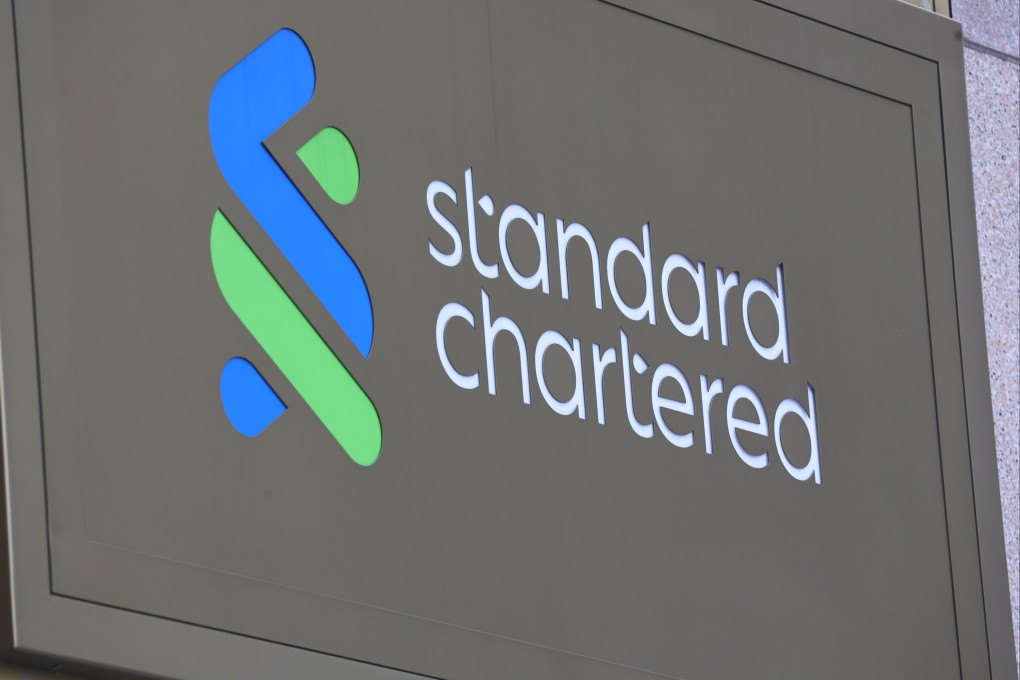Advertisement
Standard Chartered to boost Hong Kong staff as it turns bullish on Greater Bay Area, green finance, CEO Mary Huen says
- Standard Chartered will hire 300 to 500 additional staff in Hong Kong this year to tap the growth in loan and wealth management demand this year
- The bank’s operating income has returned to the pre-Covid level of US$3.76 billion in 2019, while the outlook for 2023 appears positive
Reading Time:3 minutes
Why you can trust SCMP
0

Standard Chartered, one of the three note-issuing banks in the city, plans to increase its headcount by up to 9 per cent this year to capture the growing business opportunities in the Greater Bay Area and demand for green finance, its top boss in Hong Kong said.
The London-headquartered bank, which makes most of its profit from emerging markets, will hire 300 to 500 additional staff to add to its current headcount of about 5,800 in Hong Kong, CEO Mary Huen Wai-yi said.
“We need to hire more people as we expect there will be a good growth in loan and wealth management demand this year,” she said in a post-results briefing on Friday. “The reopening of the border is set to increase business opportunities in the Greater Bay Area, green finance, fintech and wealth management.”
Hong Kong companies are among the world’s fastest hiring firms, a new study by human resources platform Deel released last week showed. Hong Kong ranked sixth in the world in terms of organisations’ rate of hiring, and second only to Australia in Asia-Pacific.

Japanese casual clothing retail chain Uniqlo last week said it wanted to hire 300 more staff in the next six months and will give a pay rise of up to 24 per cent to its Hong Kong-based staff from this month. This indicates that local firms are on a hiring spree amid a revival in economic sentiment after the border reopening between Hong Kong and the mainland on January 8.
Advertisement